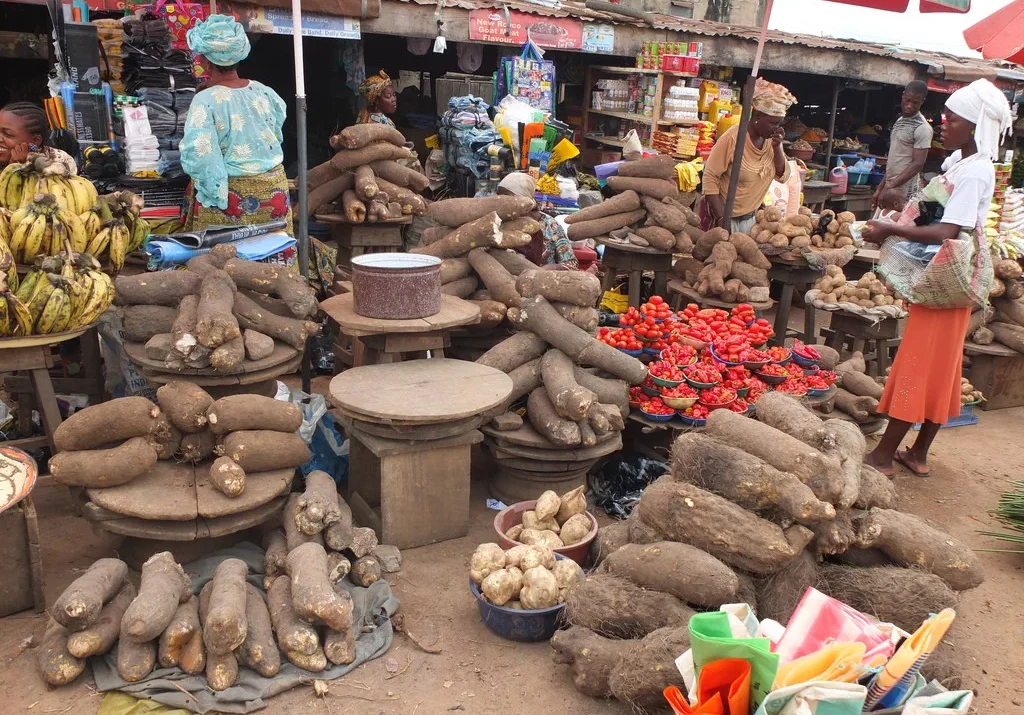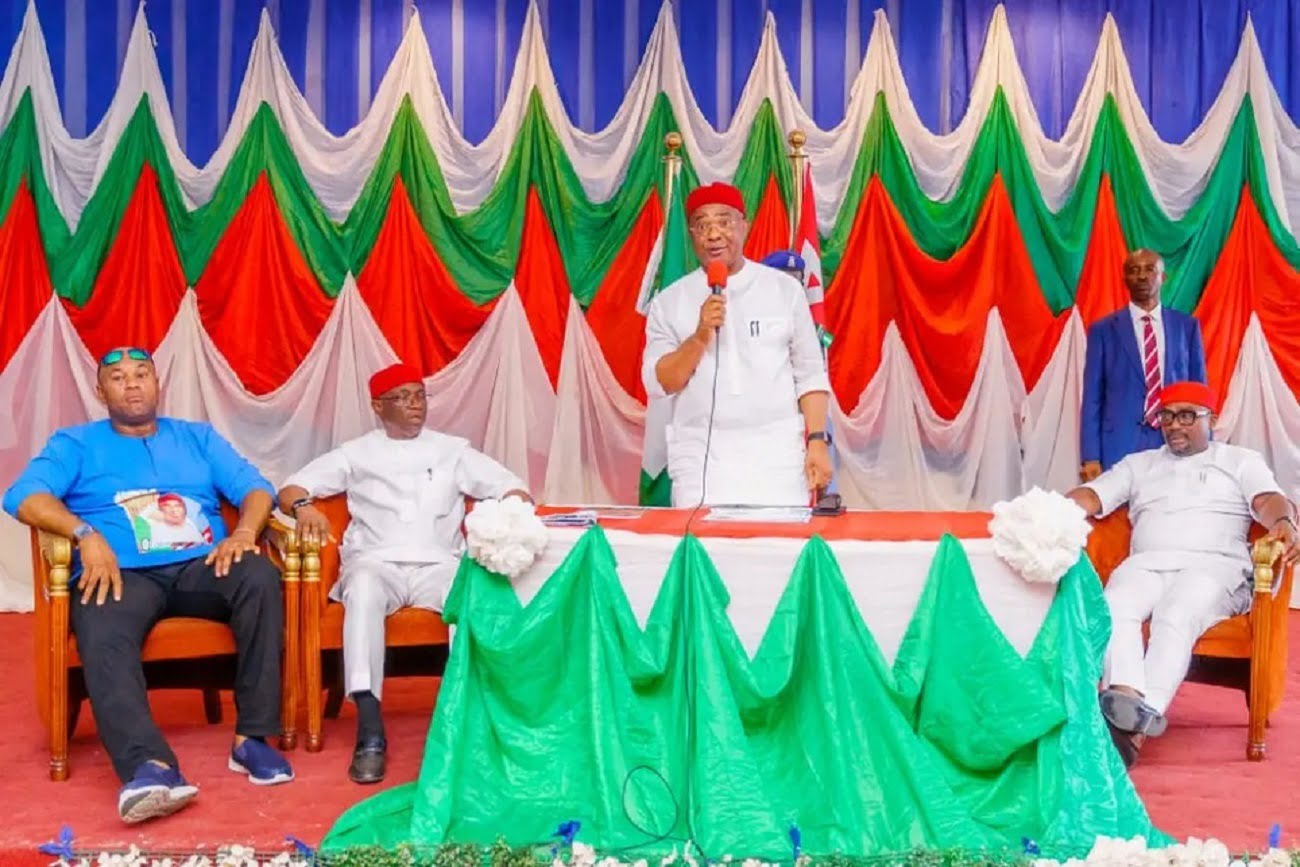Bismarck Rewane, the Chief Executive Officer of Financial Derivatives, has projected a notable decline in food prices in Nigeria by September 2024. Speaking with Channels Television, Rewane attributed this expected drop to a combination of recent economic adjustments, including the Central Bank of Nigeria’s interest rate hike and significant policy changes.
Rewane’s forecast comes on the heels of the Central Bank of Nigeria’s decision to increase interest rates to 26.75 percent, aimed at curbing rampant inflation. He anticipates that this move, along with the introduction of the Dangote Refinery and a 150-day food import duty waiver, will collectively ease inflationary pressures.
“Food prices are set to decrease significantly,” Rewane stated. He expects the cost of rice to fall from the current N82,000 per bag to about N70,000, wheat from N59,000 to N50,000, and beans from N150,000 to N110,000 by September. These reductions are attributed to improved supply chains and logistical support, as well as the impact of the zero import duty policy on food commodities.
The economist also noted that the recent increase in the minimum wage to N70,000 will have a modest effect on inflation, while high interest rates might encourage savings and stabilize the Naira, which is projected to strengthen against the dollar, potentially improving from N1,700 to N1,500 per dollar by September.
Rewane highlighted that the Dangote Refinery, expected to commence operations on August 15, will bolster fuel supply and, indirectly, support the reduction in food prices. The combined effects of these measures are anticipated to temper the inflation spiral, with expectations of inflation moderating from 34.19 percent to between 32 percent and 28 percent by the end of the year.
This economic outlook comes as the Central Bank of Nigeria seeks to address both core and food inflation, which stood at 34.19 percent and 40.87 percent respectively as of June 2024. The government’s strategic policy adjustments aim to stabilize the economy and provide relief to consumers across the country.






2 Comments